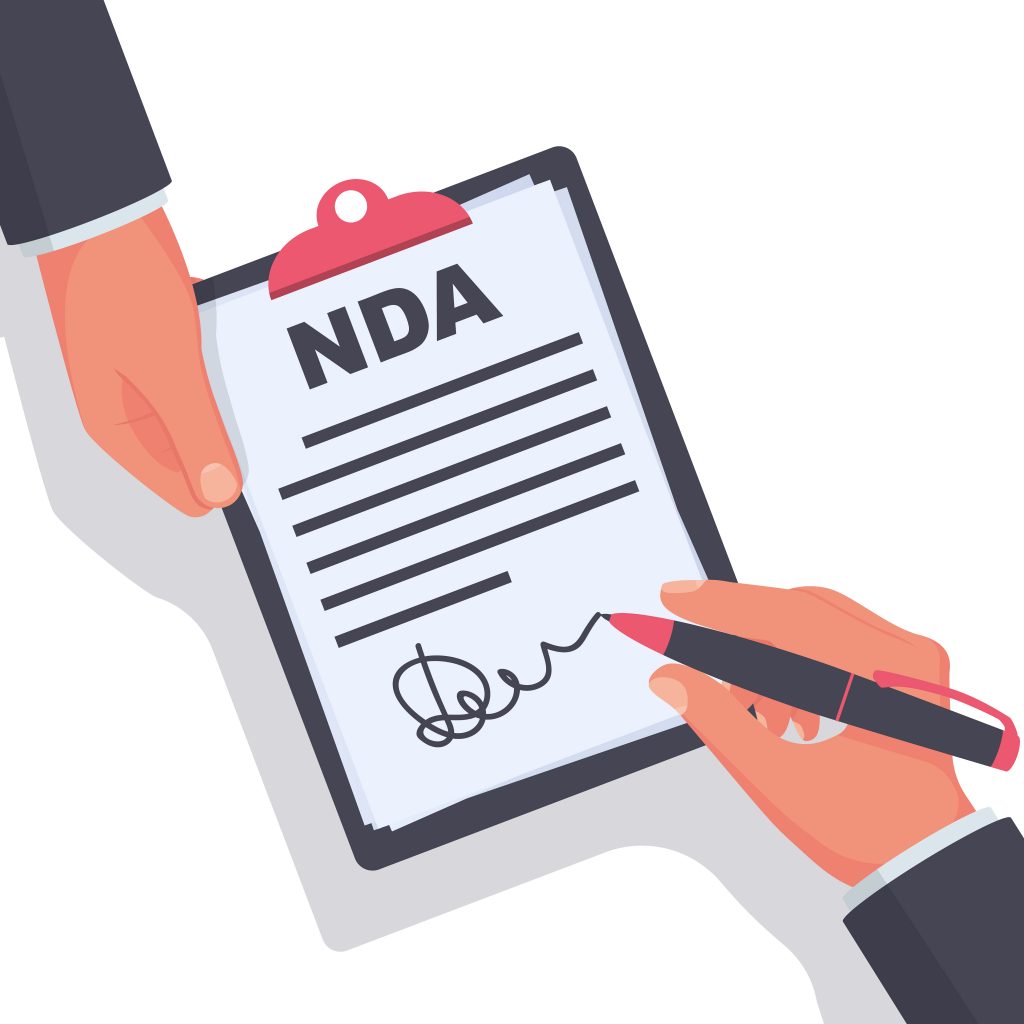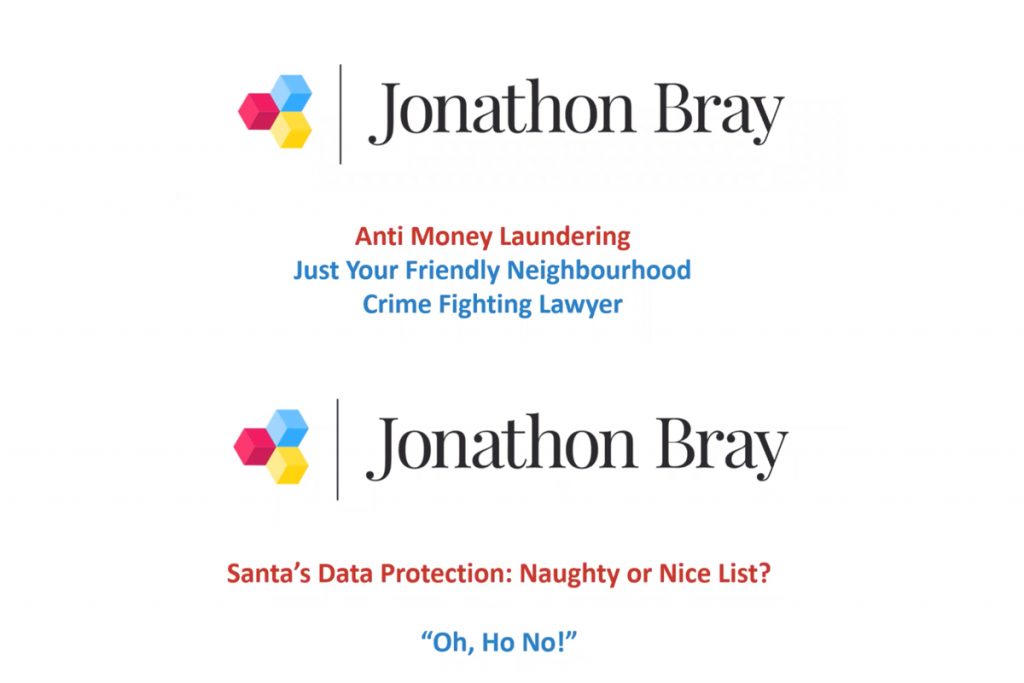We can instal a ‘litigation concession’ in your law firm

If you follow Legal Futures, you may have seen that we launched a new product this week. We’ve been working on it for a long time, and finally it’s ready to release to the world!
We have partnered with the multi-award winning Escalate Disputes to bring a new litigation model to the legal sector. We can essentially instal a ‘concession’ litigation department within a law firm, which handles all of the funding, insurance and case delivery.
So the host law firm can instantly offer their commercial clients:
- Robust and quick merits testing – the client gets to know whether their claim has good prospects within 48 hours, without charge
- Fully funded and insured litigation – the client pays nothing upfront and takes no litigation risk
- Contingency pricing – all successful cases result in the client keeping at least 70% of the damages
- Prompt recovery – since there is no incentive to enter into protracted legal arguments, and defendants know the claimant is funded to trial, cases move much more swiftly to issue and settlement
- Client protection – separate SRA regulation and insurance
That’s a lot of value to offer clients, particularly in the SME sector, much of which is struggling at the moment.
And of course, there is a generous fee share on every successful case.
What’s more, these concessions are co-branded with the host law firm….think ‘Your Firm powered by Escalate’.
Now lawyers can also help clients improve their cashflow!
Happy Data Privacy Day!
![]()
Okay, okay – it was technically yesterday. But bear with me.
I presume you had the balloons and streamers out to celebrate? Of course you did.
We thought this most important of festivals deserved a little reminder about how international data flows work. Now that we are outside the EU, there is an additional layer to your data protection considerations.
For example, did you know there is no such thing as a UK-US Privacy Shield? It was purely an EU-US arrangement. So a) you can no longer rely on the Privacy Shield, and b) yes, it is a wonderful factoid to amaze your nearest and dearest.
Rachael Eyre has put together a (free) handy checklist to help you make sure your international data flows remain compliant.
Non-disclosure agreements (NDAs) – free policy template

NDAs have become a risky affair for solicitors. #MeToo threw a spotlight on the role that lawyers play in buying silence from victims of misconduct.
See for example the recently stayed SDT prosecution of Allen & Overy partner Mark Mansell, over the Harvey Weinstein NDAs.
And yet most firms do not have a policy to either distinguish between high and low risk NDAs, or set out how they should be dealt with.
This is an oversight. Whenever the SRA issues a Warning Notice (see ‘Use of non disclosure agreements (NDAs)’, last updated in November 2020), the profession needs to take notice.
That’s why we have produced a free template NDA policy for you to incorporate into your own practice.
The policy distinguishes between low risk (think standard commercial confidentiality) and medium-high risk NDAs.
The latter – under this policy – need some level of supervision.
We hope it helps mitigate an increasingly important risk area.
Guidance

SRA updates
- Updated summary of money laundering guidance – including an apparently unequivocal approval for passing on the cost of CDD to the client. This is something of an about-face, because the previous position was always “it’s a regulatory overhead”, although you could charge the time as a profit costs. But it was a bit of a grey area. No longer!
- More firms sanctioned in transparency rules clampdown – you can expect much more of this.
Law Society practice notes and updates
- Legal Sector Affinity Group publishes (draft) new money laundering guidance – this will replace the current guidance and we will be covering it in depth shortly. In the meantime, the Law Society is running a series of free webinars.
- Updated practice note: Information on letterheads, emails and websites
Other updates
- National Crime Agency warns that over £78m has been stolen in ‘clone firm’ investment scams
- Legal Futures: Law firm awarded £25k damages for defamatory Trustpilot review
Recent webinars
Our clients and their staff recently enjoyed two compliance webinars via Zoom, the first an AML update and the second a Data Protection session.

Recordings have been sent out to those who registered, but are available to all JBL clients. Contact Us if you did not register, but would like a copy.
These sessions are also an ‘Ask Me Anything‘ forum. If you or your colleagues have any burning compliance questions, we do our best to answer them live!
Not a client? Talk to us to find out more.
Question of the week

“How can we avoid tipping off after submitting a DAML?”
Rachael answered this one on the blog this week. It’s a question that has come up a few times.
Once you report suspicions of money laundering to the authorities (SAR), or ask for a defence against money laundering (DAML), it is essential that you do not commit the ‘tipping off’ offence.
But what exactly can you do, and can you ever tell the client they were under suspicion?
Disciplinary decisions

- Nigel Martin Kinder – fined £8,000 for failing to disclose unfavourable counsels’ opinion to litigation insurers.
- Gillian Margaret Walker – banned from working in a solicitor’s firm for an implied threat to report an opposition witness to authorities for benefit fraud.
- Edward John Harvey Statham – fined £20,000 for falsely claiming to have witnessed a signature.
- Matthew Guy Himsworth – fined £15,000 for allowing the client account to be used as an escrow account (aka a banking facility).
- Peter Collins Maku-Kemi – struck off for misleading immigration tribunals about Ugandan law.
- David Elden Howes – struck off for practising without professional indemnity insurance and failing to keep proper accounts.






